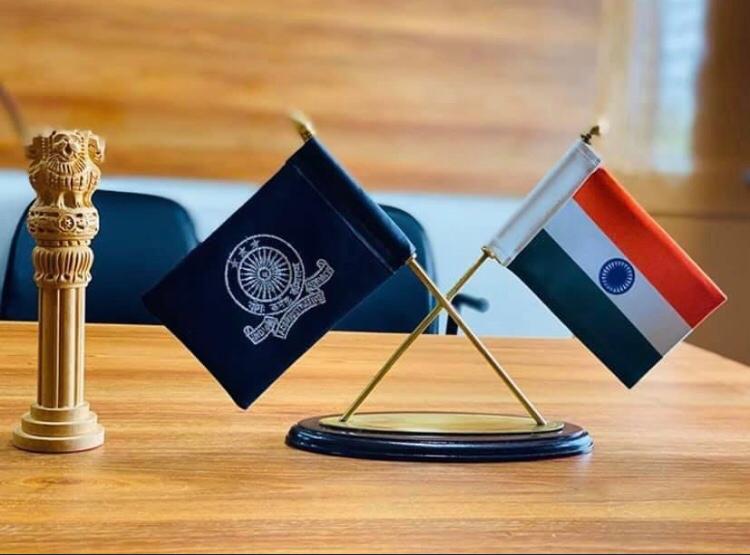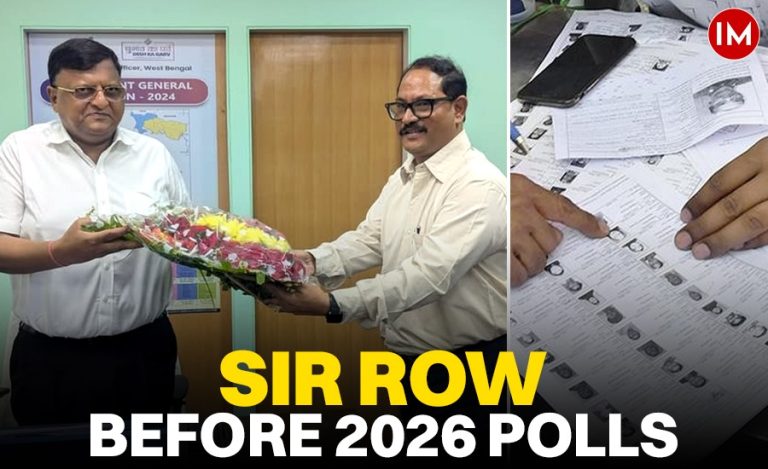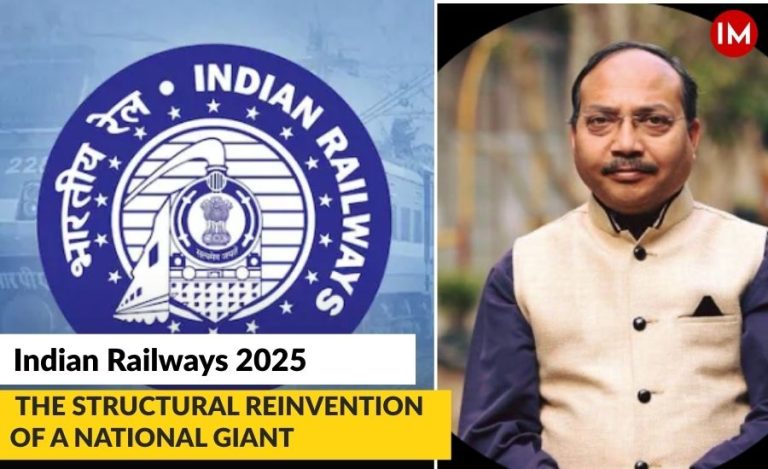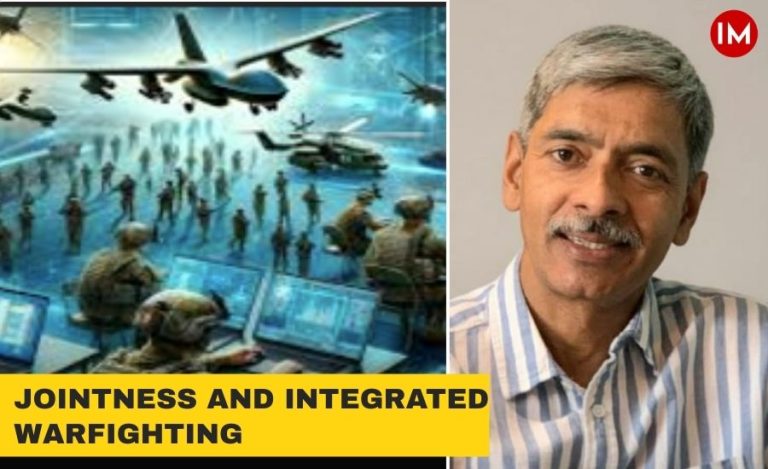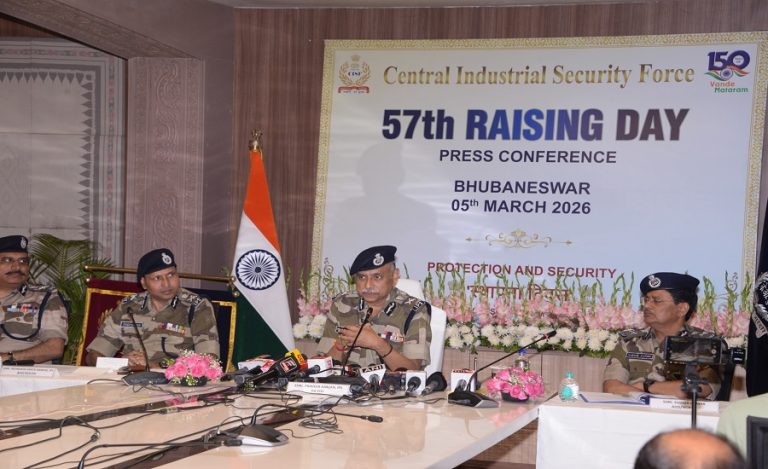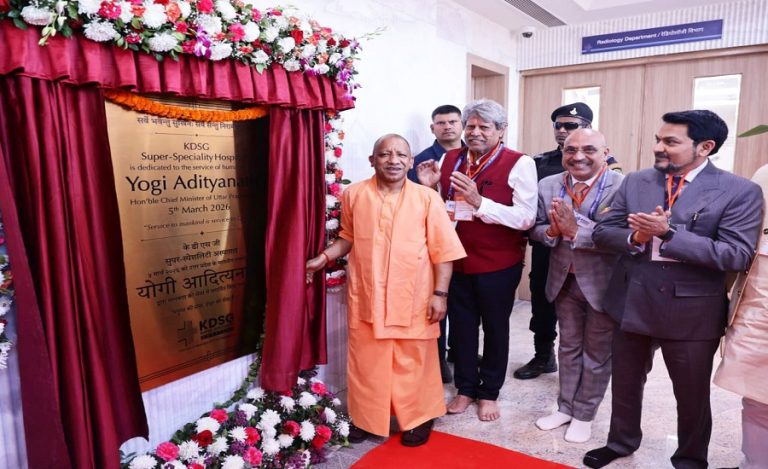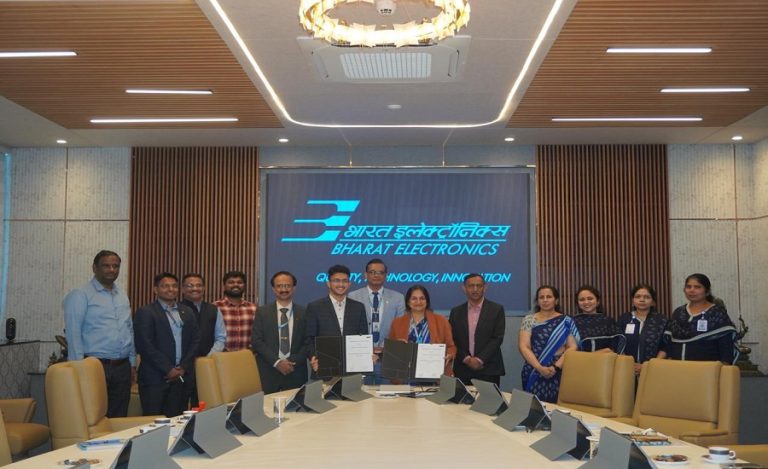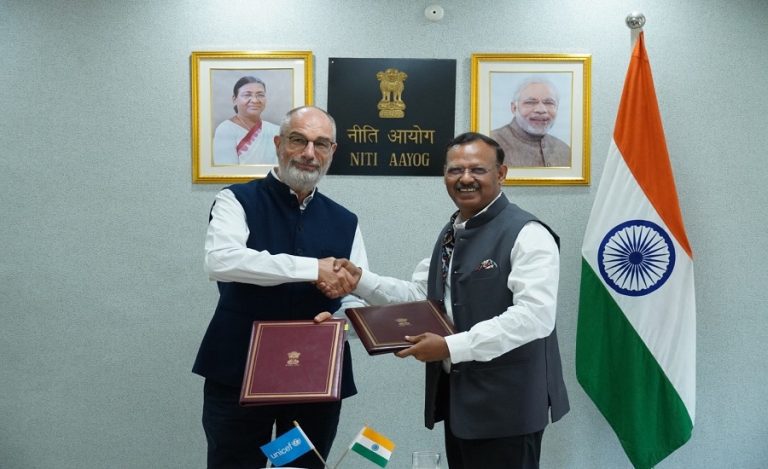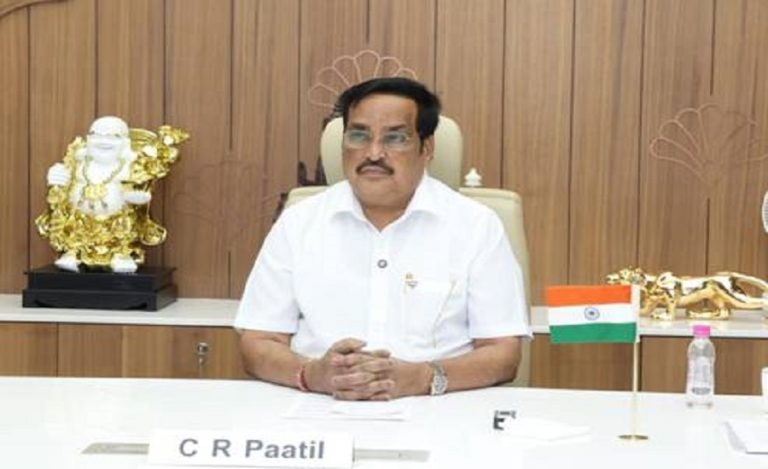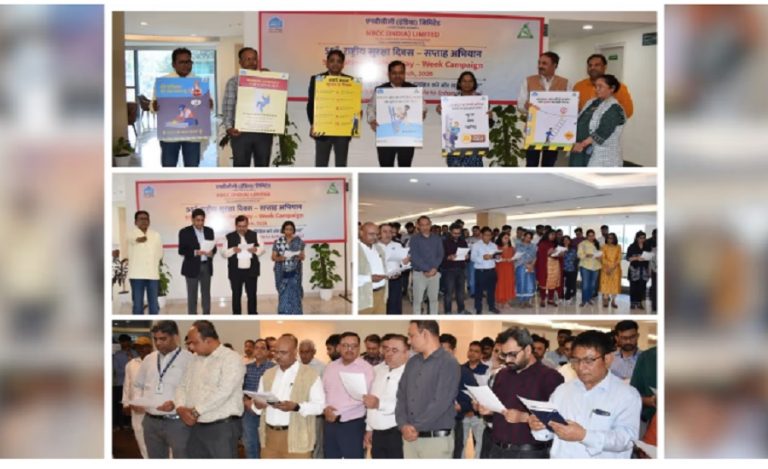Making of a Nation – that’s the name given to a section in the Gandhi Smriti Library at the Lal Bahadur Shastri National Academy of Administration in Mussoorie. Here, an attempt has been made to house all books written by civil servants – starting with Surendranath Banerjee’s A Nation in Making. We now have over 3,000 books on the shelves, and the number is growing faster than we imagined. Within the last few weeks, we have added the works of S.Y. Quraishi, Ashok Lavasa, G.S. Sidhu, Jitesh Mohanty, Narender Luther, Deepak Gupta, Parameswaran Iyer and Nirupama Rao, and this is just an anecdotal recall.
SURENDRANATH BANERJEE PAVED THE WAY
Surendranath Banerjee’s autobiographical work was first published nearly a century ago in 1925. It went through several reprints, and yet another edition was brought out in 2016 – a testimony to its value. It was not just a mirror to those times, but also important for the range of issues taken up for discussion, as well as the lucidity of its language. He was the second Indian to have passed the Indian Civil Service (ICS) exam (the first being Rabindranath Tagore’s elder brother Satyendranath Tagore) but was dismissed from service due to mere technicality. During his training period and assistantship, he stood for justice rather than preserving the status quo – a quality that endeared him not just to his countrymen but also to his adversaries.
Although he was a clear victim of racial prejudice, he bore no personal grudges and carried out his campaign for issues that were dear to him -greater participation of Indians in governance and Home Rule, simultaneous examination of the ICS in India and England, and education for all, including women. Even though he had founded the Indian Association well before the Congress in 1876, and was overlooked for the Presidency of the Congress for over a decade, he bade his time, became a professor, editor, public speaker, and toured the country as the first pan-India spokesperson for the nationalist cause.
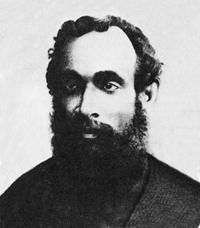
He was in every way a reformer – one who believed that the opposite of governance was anarchy. He had been a mentor to Gokhale, Tilak, and Mahatma Gandhi, but his methods were moderate, and he could not see eye to eye either with Tilak or the Mahatma.
India is at a socio-economic juncture where it needs to ask important questions vis-à-vis its governance and administrative systems that play a vital role in giving shape to the country’s ambitions. That’s one way to touch the spirit of administrative reforms that Banerjee envisioned for India.
START IDENTIFYING THE PROBLEMS WITHIN
Questions should be raised, and the range of options offered will adhere to the dictum that all issues need to be discussed threadbare, their long-term implications examined at length, and in a non-adversarial manner. The counterfactual needs to be stated upfront, for it is all very easy to say that the civil services – as they are constituted today – are not capable of addressing issues that Asia’s third-largest economy faces. The system was designed to ensure law and order besides collecting revenue to run the empire.
India would need to identify the problems in its steel frame. The question is – where does the problem lie? The selection criterion? The training inputs? Or the new ecosystem of governance in which the political class is expected to extend patronage as a quid pro quo? One can’t say.
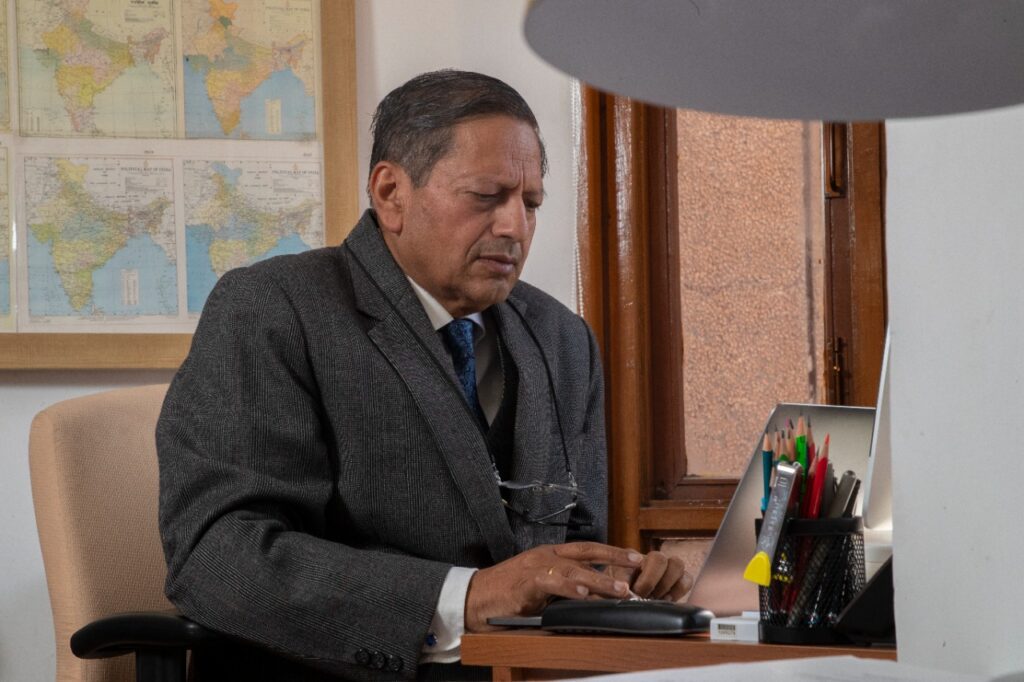
TASKS CUT OUT FOR IAS TOUGHER THAN ICS
Be that as it may, we look into issues connected with governance (nation-building), both at the level of policy as well as its implementation on the ground. It will talk about how the present set of civil servants has a far more complex task at hand than the ICS ever had. For all the curiosity around an ICS officer, their job was well defined, reviewed only by their own peers, built on patronage, and independent of public opinion. The twin objectives of maintaining law and order and revenue collection were clearly defined, and till 1935, there was no accountability to an elected legislature or the officials.
Furthermore, there was no pressure of specialisation as the members of the civil services face today. Nor was lateral entry a challenge, and the ICS officers rose to become high court judges, members of the Legislative Councils, and Lieutenant Governors.
The examination for the civil services is far tougher than ever before, and I can vouchsafe the intellectual and emotional quotient of those who crack the examination today, even if it is with help from coaching institutes. Despite the fact that they are expected to be karma yogi, they will have to operate in an ecosystem where the equation of formal responsibility has to be balanced with the ground reality. Here, the elected representatives feel that they have to nurture their constituency. Can the institution of the District Magistrate (DM) or collector, the eleven-layered hierarchy of the police, and an overstretched revenue, civil and criminal justice system deliver ease of doing business and ease of living?
The current political leadership is invested in change management, making it effective for restructuring, if not an overhauling of the administrative apparatus. It is high time that in the 75th year of Independence, we ask ourselves some searching questions on how the architecture of our governance can match the best in the world.
(This article has been written by Sanjeev Chopra. He is a historian and Festival Director of Valley of Words. Till recently, he was the Director of the Lal Bahadur Shastri National Academy of Administration.)

